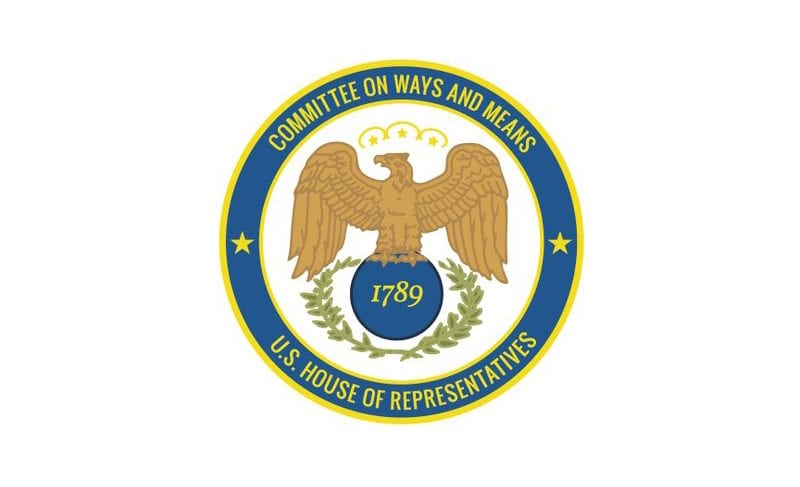The tax legislation floating around the House Ways and Means Committee that doesn’t seem to have a name includes a provision that supporters of conservation easement deductions have either longed for or dreaded. The Partnership for Conservation (P4C), the trade association for the conservation easement syndication business, is opposed to the legislation. Land Trust Alliance, on the other hand has supported this sort of legislation.
I wanted to give you a tight summary of the proposal, but was struggling. Miri Abrams Forster, Partner and Tax Controversy Co-Leader, at Eisner Advisory Group LLC came to my assistance.
The House proposal is the latest attempt to curb abusive syndicated conservation easements, identified as listed transactions back in 2017 under Notice 2017-10. The IRS has been aggressively pursuing taxpayers who participate in these types of transactions for years. In January of 2021, the IRS issued a lengthy Audit Technique Guide to assist examiners with their review of charitable contributions of conservation easements.
With limited exceptions, the proposal provides for full disallowance of any deduction claimed for a conservation contribution if the contribution exceeds 2 ½ times the partner’s relevant basis in the partnership. The proposal also adds the disallowance of a conservation contribution deduction as a gross valuation misstatement subject to a 40% penalty under section 6662(h)(2), and removes the availability of a reasonable cause defense, making it even more costly to those who participate in these types of abusive transactions.
The provision becomes inapplicable after a three year holding period and there is an exception for family partnerships.
Similar if not identical language appeared in the Charitable Conservation Easement Program Integrity Act, which has been endorsed by Land Trust Alliance.
About Syndicated Conservation Easements
Conservation easement deductions are an exception to the general rule that you cannot get a charitable deduction for the donation of a partial interest in property. Since there is not a lot of buying and selling of easements, the value of the easement is generally considered to be the value of the property unencumbered by the easement less the value of the property as burdened by the easement.
Advocates of syndicated conservation easements argue that the “before” value is not tied to the current market for undeveloped land. This makes it possible for them to acquire property on which they will claim for their investors an easement value that is a substantial multiple of what was recently paid for the property.
The logic of the 250% limit is that that would be about the breakeven amount for someone with a 40% tax rate. In other words, they would acquire the encumbered property essentially for free. As far as I can tell the first time the 250% notion was raised was by Stephen Small in 2004, as I explain here. 250% is way too much for a hold as short as three years, but it will kill the current industry which relies on multiples of 400% or more as investors receive substantially more in tax benefit than they pay for the property.
And A Break For Others
Even though the engine of syndicated easement deduction is inflated valuation, IRS has attacked many deals on technical defects in the easement deeds. There was concern that these sort of “foot faults” could affect legitimate deals. The legislation provides relief for deals that do not fall under the three year 250% prohibition.
If a donor is found by the Secretary to have failed to meet the requirement that a qualified conservation contribution shall be granted and protected in perpetuity by reason of defective language in the deed relating to property line adjustments or extinguishment clauses, the donor shall have 90 days from the written notice by them Secretary to correct such failure, unless the Secretary can demonstrate that the donor’s failure to meet those requirements was intentional.
Reactions
Probably the most controversial aspect of this legislation is that it is retroactive to 2017. Stephen Small is not really sympathetic on that point. He wrote me:
The organizers of these transaction have been on notice for many years that the IRS has targeted these transaction as abusive. It is about time Congress shut down these tax shelters.
What troubles me is that if the transactions are abusive under current law, there is arguably not a need for the legislation. William Ellis has been a sharp critic of the valuation shenanigans of the SCE industry. Nonetheless, he is very concerned with the retroactivity.
You know my position based on facts I have documented – I fully believe the appraised values are all gross overvaluations under the penalty provisions of the IRC. But the issue is one of appraisal methodology that neither the State Appraisal Boards or the IRS have addressed since these transactions became popular post 2011. A retroactive total disallowance is an affront to the integrity of the Internal Revenue Code.
It would appear that every such transaction will still result in litigation over the appraised values, Property by Property, and the ultimate resolution of a valuation penalty
Other Coverage
Lorie Konish on CNBC has New bill looks to curb abuses of this charitable tax deduction for land preservation.
Walter Pagano of EisnerAmper has Syndicated Conservation Easement Transactions. The article gives a summary of IRS and DOJ action up to date.
A round up of my decades worth of coverage on conservation easements is available here.
Originally published on Forbes.com.
For great value continuing professional education. I recommend the Boston Tax Institute

You can register on-line or reach them by phone (561) 268 – 2269 or email vc@bostontaxinstitute.com. Mention Your Tax Matters Partner if you contact them.































































































